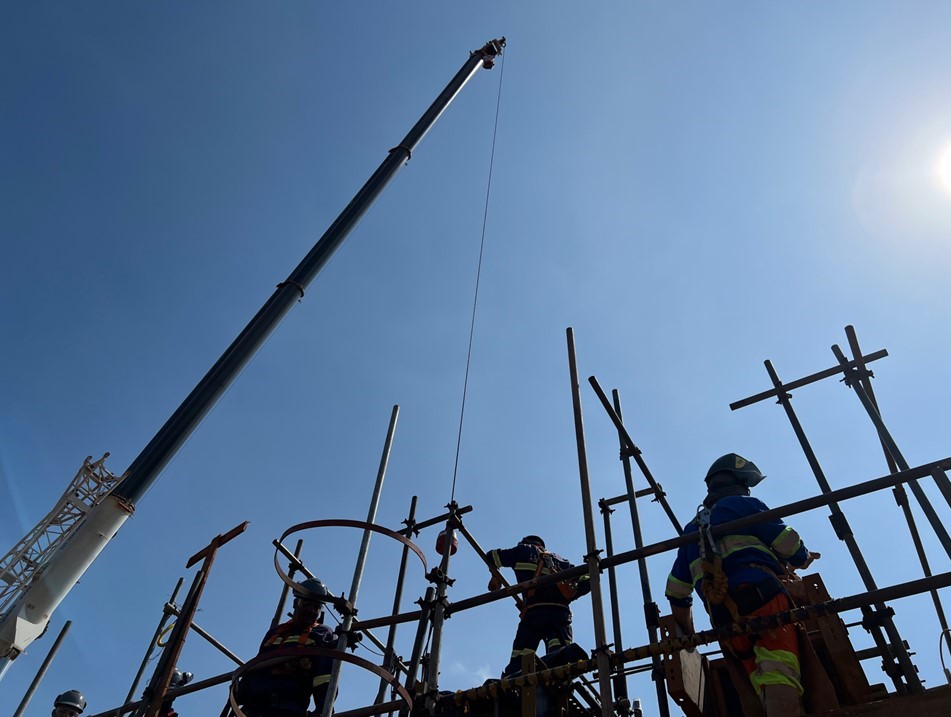We should begin with a clarification between a Scope of Work and a Statement of Work; contrary to what many believe, the two terms are not interchangeable.
A Scope of Work is a guide to help a project team understand what a project does and does not cover (i.e., the battery limits). The Scope of Work typically documents project needs and explains how a project’s goals will be met. This document will usually outline the work the team is going to perform during the project and includes details on the deliverables, timeline, milestones, and reports.
A Statement of Work (SoW)is a component of a legally binding contract between two parties. It is the narrative description of requirement of that portion of the Scope of Work covered by a particular contract. And SoW defines activities, deliverables and timelines for a vendor providing services to the client. A SoW flows from a Scope of Work. There can be many Statements of Work within a project’s Scope of Work.
One of the most rewarding aspects of my career is meeting many heavy industries project professionals with diverse views and varying priorities, subject to where we interact in the life cycle of their projects. I met recently with a client who lamented that “Scope Writing” is a lost art. I’ve just come from another meeting with a different client where the Scope of Work and Statement of Work were not articulated adequately, which has inspired me to further put pen to paper.
Throughout my career as a Procurement Professional and Project Manager, I have seen brilliant Statements of Work and more than a few that ended in claims and even court battles. I have a unique vantage point to see “Scope” documents as they are being drafted, as they are being executed, and unfortunately working with the poorly written scopes that sometimes end in litigation because the work was not documented in enough detail.
A quick review of course offerings at some of the top universities in the United States and Canada reveals there are few if any courses on how to write a Scope and Statement of Work. Scope writing is worthy of an entire course because if forms the basis of every project. At best, a course on Scope writing should be a topic in the syllabus of a course in contracts.
You will often hear me say, “The best contracts are ones we never use.” Nailing down a detailed Statement of Work can help you get there. My experience is that working on a SoW with a client, contractor, sub-contractor, and any additional stakeholders can help drive clarity and fuse consensus. As a friend said to me recently, “If you can’t read it and understand your Statement of Work, no one else can, and the lawyers and judges will make a mint.” Although you don’t have to be lawyer to write an effective SoW, I highly recommend you have an experienced procurement professional and or legal team review the SoW before it is finalized in a commercial agreement. Lawyers and procurement professionals (me included) have the battle scars of having dealt with poor SoWs, and we can see pitfalls that the Project Manager might miss.
UP NEXT
- LinkedIn Survey Results Regarding SoWs
- Simple Example of a Statement of Work
- What Makes a Good SoW?
- The Simplicity of a Responsibilities Matrix
- Thoughts About Angie’s List
Written by John F. Gravel and Greg Howell

